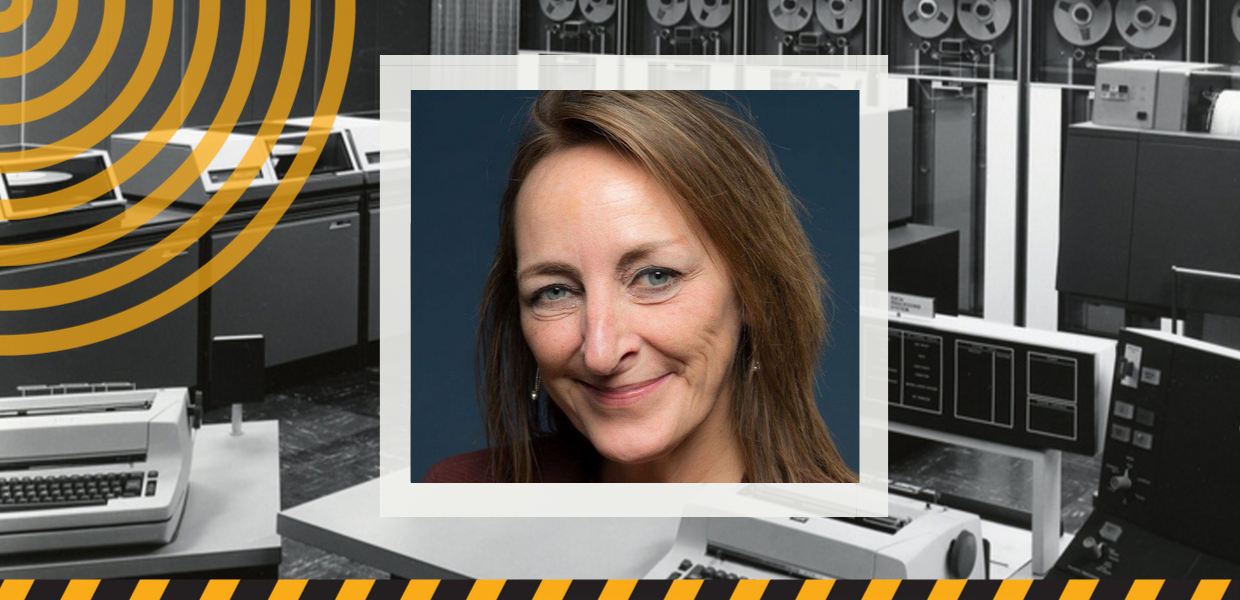Powering sustainable knowledge in the digital age
As Executive Director of LIBER - the Association of European Research Libraries - I implement our strategy and manage our network of 450 libraries across 42 countries, as well as the office of seven staff in The Hague. Our strategy is about progressing the open science cause and powering sustainable knowledge in the digital age. We envision a world in 2022 in which open access will be the dominant form of publishing. A world in which research data is findable, accessible, interoperable and reusable (FAIR). We believe that by developing digital and participatory skills for research, the cultural heritage of tomorrow can be built on today’s digital information.
From ‘boutique digitisation’ to a truly digital library
I started to work for the Koninklijke Bibliotheek - the National Library of the Netherlands - in 2001, at the beginning of digitisation. I used to call it ‘boutique digitisation’ - we were exploring techniques, working on just a few special items and displaying them on the internet, which was also just at its beginnings. Slowly, the projects became bigger. At first we just scanned images - there was no full-text, no Optical Character Recognition (OCR). Then the projects became bigger and we started talking about mass digitisation, not just of books but also newspapers. We ran a project called Impact which looked into OCR for historical texts. The library transformed from a physical to a digital library. I became a programme manager to oversee that very exciting period. The aim was to digitise all of the books in the KB. When I left two years ago, we had digitised about 60% of all books and made them available on the KB’s online research platform, Delpher. They’re still working on the other 40%.
LIBER is a different world - it’s about research libraries. The focus on digitisation has disappeared a little as it has become business as usual. Now we focus more on changing the culture within research libraries towards open science - that is, open access for published research. We want to change the research cycle so that it always starts with how data is being produced and managed.
Artificial intelligence for libraries
When I started working in the cultural heritage sector, digitisation or working in digital ways was still a niche. Libraries were about physical books. Now, I think digital is the norm for the majority of people working in libraries. Now libraries are starting to look at the next thing - artificial intelligence. Libraries organise information and we still do parts of that manually but AI could help with things like the automation of creating metadata. AI is not going to make people unnecessary but the core business of libraries is information and AI will certainly change the way we help our users.
The challenge of changing research culture
Our biggest challenge is to really change the culture of researchers and how research is done. Researchers are not really aware of how their data can be reused. You used to publish on paper; it was all printed. Now, researchers use big data, digital techniques, they publish in electronic journals. If you want to make research sustainable and available for the next generations, then from the very start of your research, you have to make sure your data is reusable, and that your publications are open access. But that culture is difficult because researchers are still measured in traditional ways. What counts is how many publications you make in certain journals. We need to reconsider this. This cultural change is one of the biggest challenges we have.
The importance of working together through this digital transformation
If I say digital is normal now, that’s not entirely true, certainly not if you look at the whole of Europe. Some countries are far less developed in the digital transformation than others. The advice I would give to my younger self would be - pay more attention to your surroundings and try harder to take others with you. I don’t think people were ready for the cultural change that the digital transformation requires. It’s very important that you keep an eye on old traditions and ways of working, and not assume that everybody has gone through this digital transformation already.
We are very proud of the LIBER network - it’s a very strong network and in two years’ time, we will celebrate its 50th anniversary. It’s a very tight network because research libraries cannot operate by themselves. They need this network to keep on existing because sometimes libraries come up against the question ‘Why do you still need libraries if you have all this information on the internet?’ But they still have an important role, giving access to information in a careful way. This network is aware of that.
I’m very fond of libraries - it’s very important that people have access to information and if possible, free access to information - that’s a very important value of life and it’s still not the case. Without it, you cannot grow or develop. The work that I’ve done at the KB and in LIBER helps to progress that goal.



